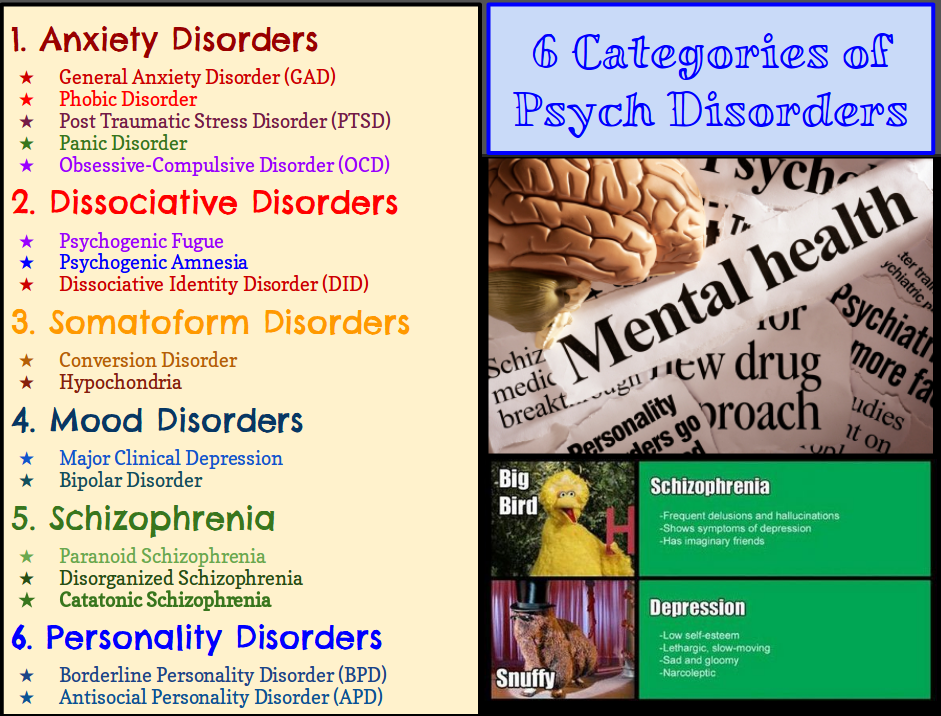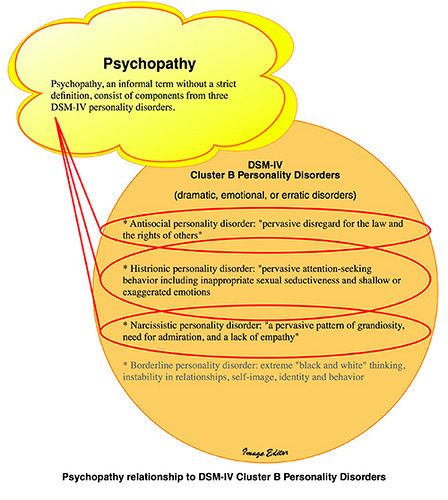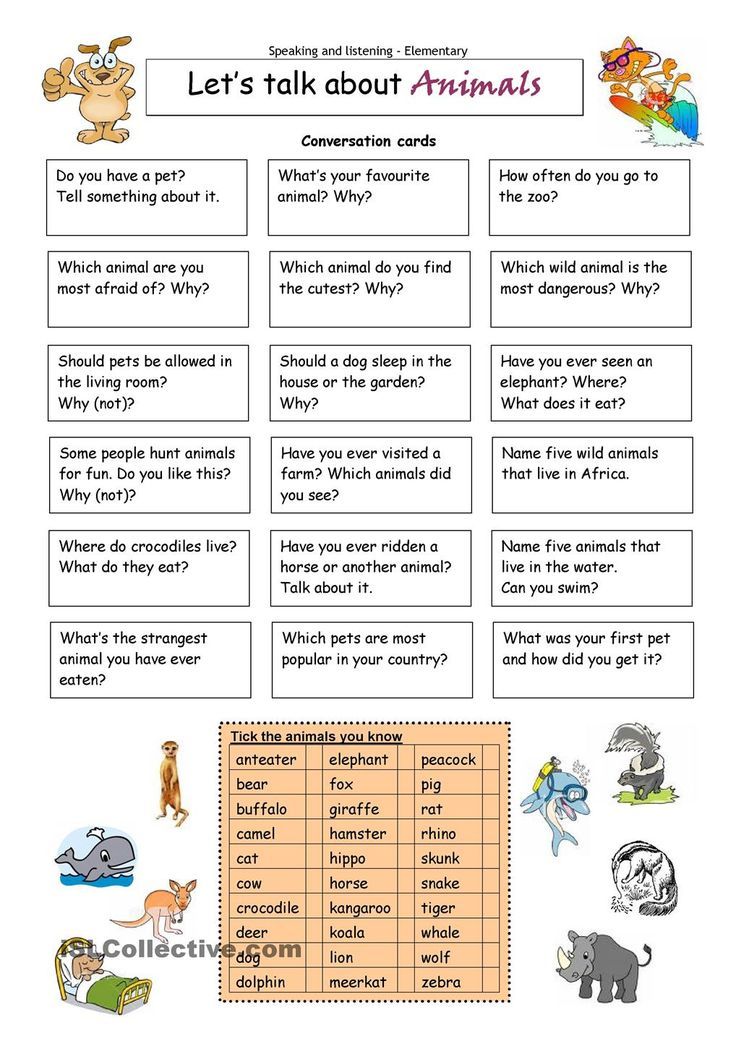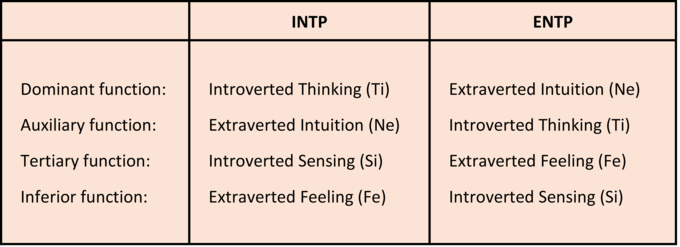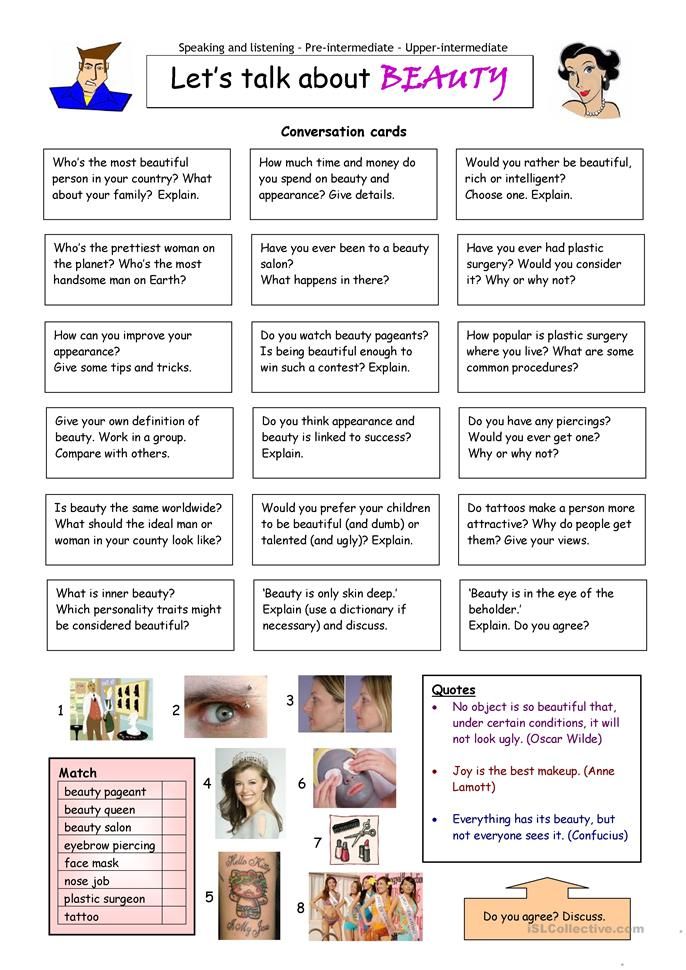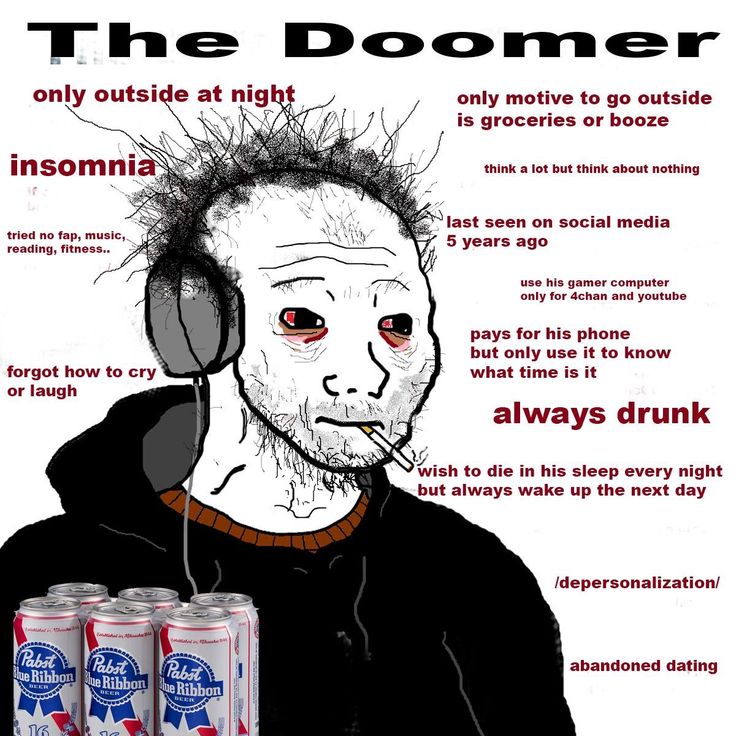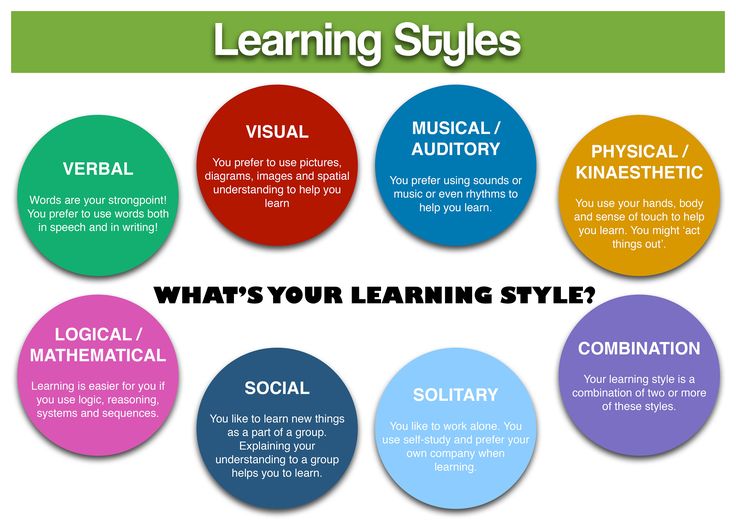Acupuncture mental disorders
EVIDENCE MAP OF ACUPUNCTURE FOR MENTAL HEALTH - Evidence Map of Acupuncture
The results for mental health indications are presented in the bubble plot and text summary below. The bubble plot represents 17 systematic reviews summarizing evidence for 9 clinical indications relevant to mental health [search date: March 2013].
Legend: The bubble plot shows an estimate of the evidence base for mental health-related indications judging from systematic reviews and recent large trials. The plot depicts the estimated size of the literature (y-axis, number of RCTs included in largest review), the estimated effect (x-axis), and the confidence in the estimate (bubble size).
The figure provides a broad visual overview of the evidence base of acupuncture for mental health. The bubble plot depicts the estimated research volume based on the number of acupuncture RCTs included in the largest review for each of the 10 depicted clinical indications, the estimated treatment effect of acupuncture compared to passive control, and the confidence in the effect estimate, judging from published systematic reviews.
Effect sizes based on specific individual reviews, as well as reason for classifying the evidence bases as inconclusive, are reported in the narrative synthesis. The evidence map used the clinical topics as addressed in existing reviews and individual research studies may have contributed to a number of included reviews and clinical indications. All 3 depicted dimensions (literature size, effect, and confidence) are estimates and can only provide a broad overview of the evidence base.
As shown in the bubble plot, acupuncture for the treatment of depression has been evaluated in a large number of studies; a 2010 systematic review on acupuncture therapy in depressive disorders included 35 RCTs meeting an initial quality threshold.103 Across studies and across the most recent of the 5 identified systematic reviews positive effects were shown. However, effects depend on the comparator – a 2010 Cochrane review reported that acupuncture may have an additive benefit when combined with medication compared with medication alone but noted inconsistent effects from acupuncture compared with a waitlist control or sham acupuncture control.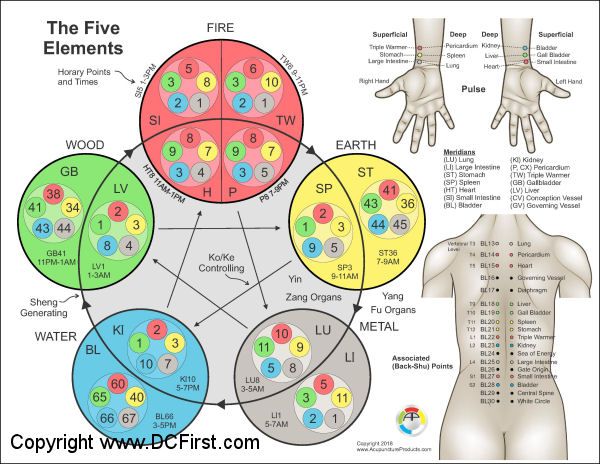 The review also noted a high risk of bias in the majority of included trials and concluded that evidence to recommend the use of acupuncture for people with depression is insufficient.96 Schizophrenia has also been addressed in a number of studies; a 2009 systematic review included 13 RCTs.101 A Cochrane review with literature searches up to April 2005 reported that Brief Psychiatric Rating Scale (BPRS) data favored a combined acupuncture and antipsychotic group (WMD -4.3, 95% CI: -7.0, -1.6). However data for global state outcomes, leaving the study early, and dichotomized BPRS data (improved versus not improved) were equivocal and the review concluded that there is insufficient evidence to recommend the use of acupuncture for people with schizophrenia.164 A review on acupuncture for anxiety and anxiety disorders included 10 RCTs.
147 The review reported that all studies indicated positive findings; however, the review also pointed out that studies lacked many basic methodological details and concluded that there is insufficient research evidence for firm conclusions.
The review also noted a high risk of bias in the majority of included trials and concluded that evidence to recommend the use of acupuncture for people with depression is insufficient.96 Schizophrenia has also been addressed in a number of studies; a 2009 systematic review included 13 RCTs.101 A Cochrane review with literature searches up to April 2005 reported that Brief Psychiatric Rating Scale (BPRS) data favored a combined acupuncture and antipsychotic group (WMD -4.3, 95% CI: -7.0, -1.6). However data for global state outcomes, leaving the study early, and dichotomized BPRS data (improved versus not improved) were equivocal and the review concluded that there is insufficient evidence to recommend the use of acupuncture for people with schizophrenia.164 A review on acupuncture for anxiety and anxiety disorders included 10 RCTs.
147 The review reported that all studies indicated positive findings; however, the review also pointed out that studies lacked many basic methodological details and concluded that there is insufficient research evidence for firm conclusions.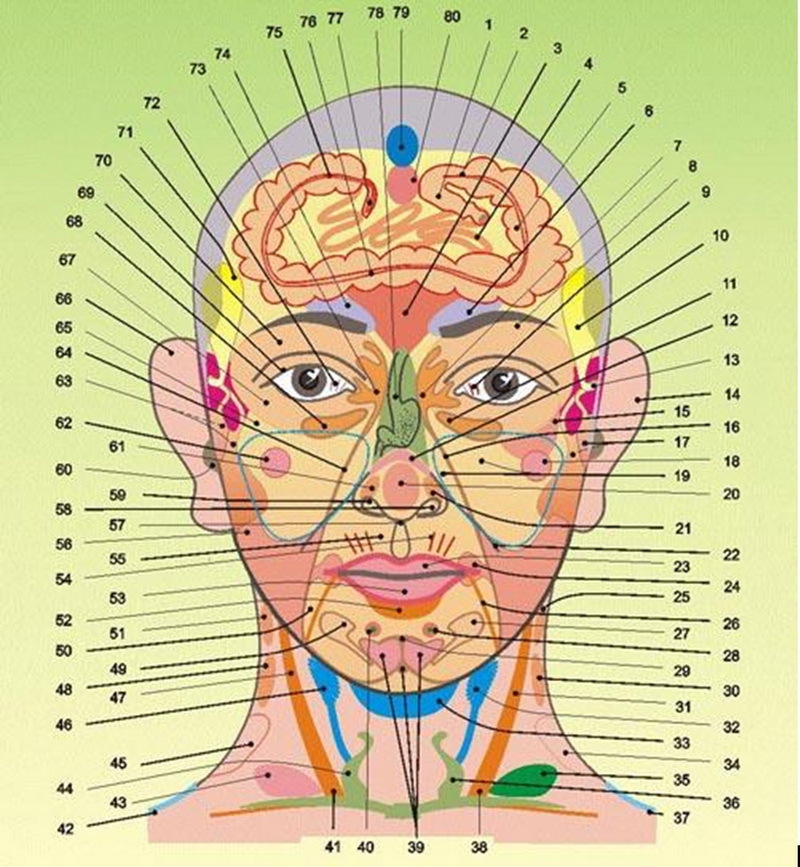
Regarding topics with fewer primary research studies and positive results, a review on posttraumatic stress disorder (PTSD) was identified that included 4 RCTs. The review found that acupuncture was superior to waitlist control (posttraumatic symptom scale-self report effect size [ES] -0.98, p=0.001) and cognitive behavioral therapy alone (Revised Impact on Event Scale ES -1.56, p<0.001) based on one RCT each.31
The role of acupuncture for opiate addiction has been addressed in a substantial number of studies; a 2009 systematic review included 21 RCTs of acupuncture therapy combined with opioid receptor agonists for heroin detoxification,188 but the evidence base regarding the effectiveness of acupuncture is unclear. The largest review reported no effects on relapse rate after 6 months and the methodology of some included trials was poor; however, positive effects for withdrawal symptoms, side effects, and medication dosage were shown.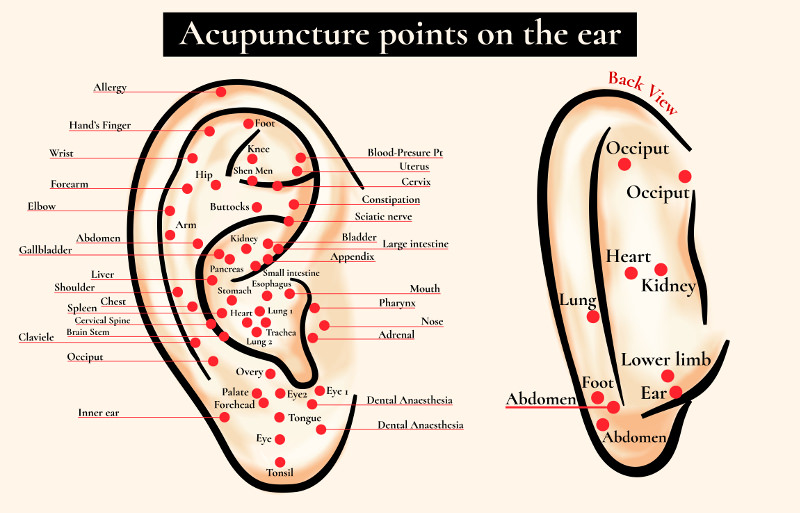 A competing review concluded that the review results cannot be used to establish the efficacy of acupuncture in the treatment of opiate addiction because the majority of included studies were classified as having low quality.58 A review on auricular acupuncture for not further specified drug addiction and a review on acupuncture for chronic fatigue syndrome (CFS) showed conflicting results across included studies and did neither pool the data nor report sufficient detail for a reanalysis. The reviews included 10 or fewer studies.
A competing review concluded that the review results cannot be used to establish the efficacy of acupuncture in the treatment of opiate addiction because the majority of included studies were classified as having low quality.58 A review on auricular acupuncture for not further specified drug addiction and a review on acupuncture for chronic fatigue syndrome (CFS) showed conflicting results across included studies and did neither pool the data nor report sufficient detail for a reanalysis. The reviews included 10 or fewer studies.
Three recent reviews on cocaine addiction, including a Cochrane review last updated in 2006,162 did not support the use of acupuncture for the treatment of cocaine dependence; the largest review included 9 RCTs. A single review on alcohol dependence was identified reviewing 11 RCTs; it did not report favorable results and concluded that the existing studies do not allow any conclusion about acupuncture treatment efficacy.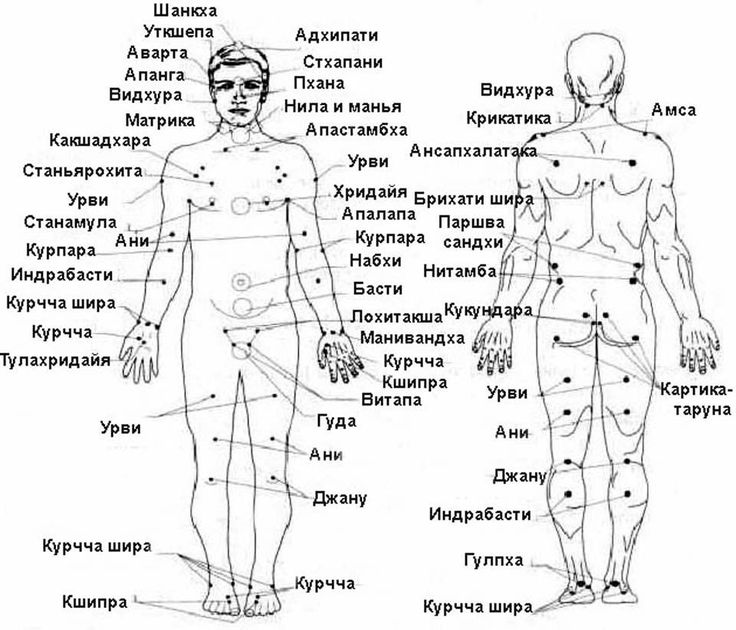
In addition, 2 reviews were identified that could not be incorporated into the bubble plot. One review concluded that acupuncture was no more effective than other treatments in treating opiate addiction.159 A review comparing acupuncture and Western medicine for post-stroke depression190 found mixed results depending on the selected patient outcome.
Acupuncture Effective in Treatment of Mental Illness
Acupuncture / October 26, 2009 June 28, 2021
Depression is costly to society. According to the National Institute of Mental Health, an estimated 1 in 4 adults suffer from a mental health disorder in a given year.
In 2004, this figure translated to 57.7 million people. Approximately 19 million adults suffer from depression alone, and major depressive disorder is the leading cause of disability in the U.S. Up to one-half of all visits to primary care physicians are due to conditions that are caused or exacerbated by mental or emotional problems.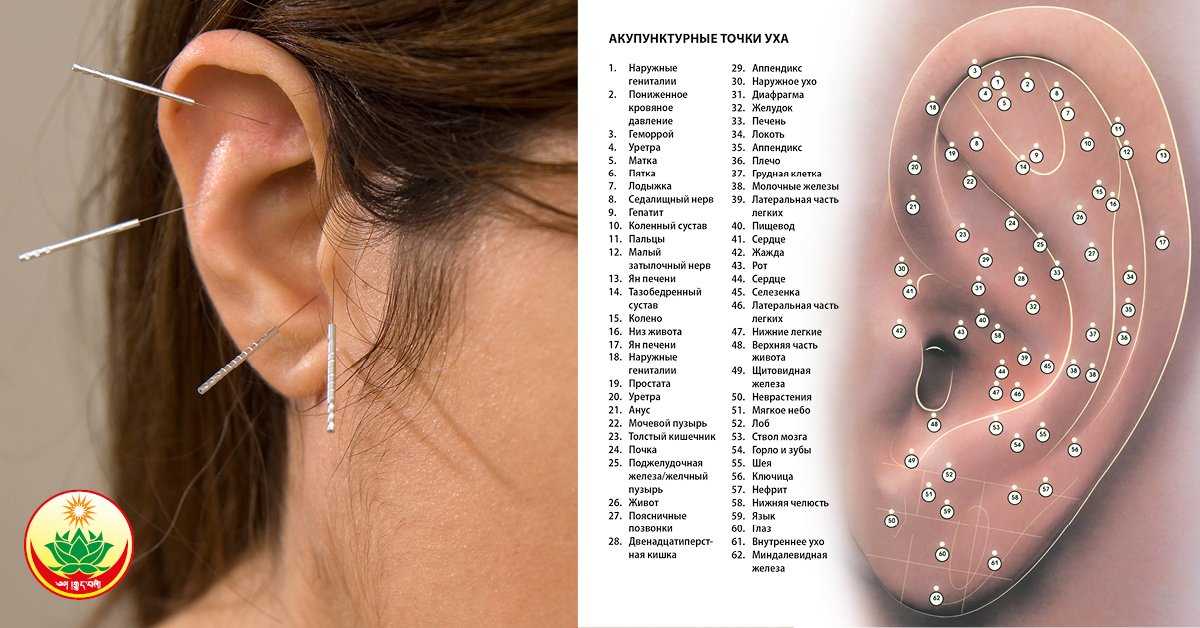 Studies indicate that the cost of clinical depression exceeds $47.3 billion annually. Of which $24 billion is comprised of lost productivity and worker absenteeism on the job.
Studies indicate that the cost of clinical depression exceeds $47.3 billion annually. Of which $24 billion is comprised of lost productivity and worker absenteeism on the job.
With so many Americans suffering from mental health disorders, the FDA estimates that sales of antidepressant drugs, such as Prozac and Zoloft, reached over $10 billion in 2005. About half the people who seek treatment for depression are not helped by psychotherapy and medication or withdraw from treatment too early. Of those who recover, more than one third relapse within eighteen months. In a study of 2,318 patients conducted by the University of Colorado, only 20 percent of the patients taking medication were found to improve as a result. This suggests that alternative treatment may be very helpful for people who suffer from depression.
To help alleviate depression, more and more Americans are turning to age-old holistic modalities such as Chinese medicine. “Chinese medicine, which includes acupuncture, massage and herbal medicine, is a very popular way to help individuals relax and re-energize. It can help with conditions such as anxiousness, depression, insomnia, tense muscles, headaches and pain; all things many of us experience”, said licensed acupuncturist and American College of Traditional Chinese Medicine clinic dean, John Kolenda. The College’s low-cost Community Clinics have treated patients with mental illness since the 1980’s, and see upwards of 17,000 patient treatments each year.
It can help with conditions such as anxiousness, depression, insomnia, tense muscles, headaches and pain; all things many of us experience”, said licensed acupuncturist and American College of Traditional Chinese Medicine clinic dean, John Kolenda. The College’s low-cost Community Clinics have treated patients with mental illness since the 1980’s, and see upwards of 17,000 patient treatments each year.
According to Kolenda, many patients report an enhanced sense of well-being and a deep feeling of relaxation after an acupuncture or massage treatment. These modalities alleviate stress and depression symptoms by releasing endorphins, the body’s own natural painkillers, and improving the circulation of blood and lymphatic fluids which bring fresh oxygen to body tissues. This increased oxygen flow eliminates waste products from inside the body and enhances recovery from diseases. Acupuncture and massage also decrease the stress hormone cortisol, lower blood pressure, reduce the heart rate, and relax muscle tissue. “One of the reasons acupuncture and massage are so popular is because they provide health benefits that are also free of side effects when performed by a licensed professional”, Kolenda said.
“One of the reasons acupuncture and massage are so popular is because they provide health benefits that are also free of side effects when performed by a licensed professional”, Kolenda said.
This 3,000-year-old gentle modality provides a safe, effective alternative to controversial antidepressants and treats the symptoms of depression and anxiety as well as the root or underlying cause of imbalances of the body. Depression is most commonly caused by a blockage of Qi (or, vital energy) in the body. It is Qi that regulates spiritual, emotional, mental and physical balance. Blockages of Qi can be caused by many factors such as physical trauma, emotional trauma, inherited weakness of Qi, poor diet, or chemical, physical and emotional stress. Acupuncture keeps the flow of this energy unblocked, and because Chinese medical practitioners treat patients as individuals, they consequently treat the true source of the depression instead of just prescribing pills.
According to recent studies, acupuncture is a valuable adjunct therapy for those suffering from mental health disorders.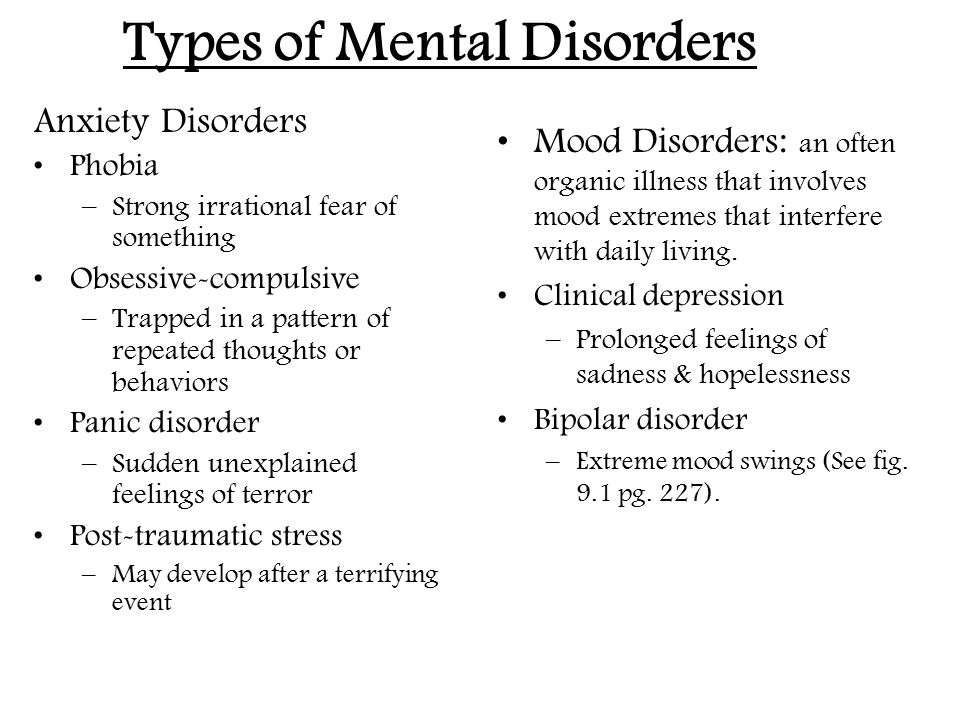 A study conducted at the University of Arizona examined the responses of 34 depressed women to acupuncture, generalized acupuncture that didn’t use specific points, and no treatment at all. Of the women who received acupuncture specifically for depression, 43 percent experienced a reduction in their symptoms, compared with 22 percent who received general acupuncture and 14 percent who received no treatment. After eight weeks, over half of the women who received specific acupuncture were no longer depressed.
A study conducted at the University of Arizona examined the responses of 34 depressed women to acupuncture, generalized acupuncture that didn’t use specific points, and no treatment at all. Of the women who received acupuncture specifically for depression, 43 percent experienced a reduction in their symptoms, compared with 22 percent who received general acupuncture and 14 percent who received no treatment. After eight weeks, over half of the women who received specific acupuncture were no longer depressed.
Other studies verify these findings. Holly Middlekauff, an associate professor of medicine at UCLA, and a team of investigators presented their research at the American Heart Association’s 2001 Scientific Sessions conference, which showed that acupuncture can block sympathetic nerve activity. Twenty-two advanced heart failure patients (both men and women, average age 43) were used in the study. Blood pressure, heart rate and sympathetic nerve activity – which regulate a person’s heartbeat and is also responsible for the “fight-or-flight” response – were measured in each patient immediately after subjecting them to four minutes of anxiety-producing situations.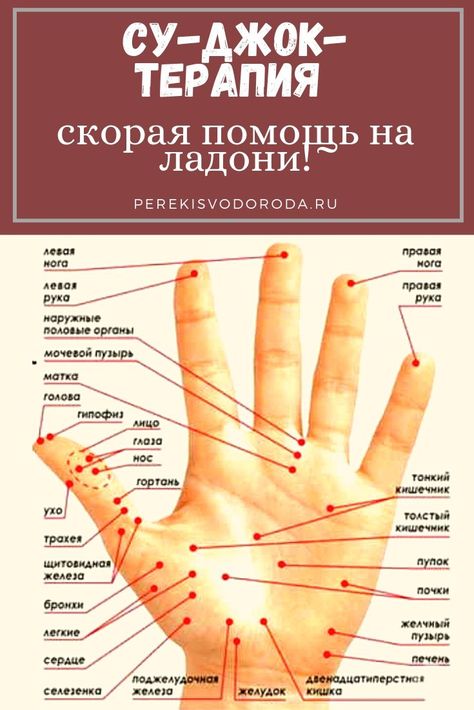 Results showed that sympathetic nervous system activity increased approximately 25 percent as a result of the mental stress.
Results showed that sympathetic nervous system activity increased approximately 25 percent as a result of the mental stress.
After the test, the researchers divided the patients into three groups. The patients received either authentic acupuncture delivered for 20 minutes at established acupuncture points; sham acupuncture delivered at non-acupuncture points; or no-needle acupuncture, in which the patients were told they’d receive acupuncture, but were in fact only tapped by a needle holder on the back of the neck. The mental stress test was repeated after the acupuncture treatments, with the same measurements taken at the conclusion of the second test. While patients in the sham and no-needle group experienced the same increases in heart rate, blood pressure and sympathetic nervous system activity after taking the second test as they had after taking the test the first time, patients in the authentic acupuncture group showed no increase in sympathetic nervous system activity.
For more information on how Traditional Chinese Medicine can help treat mental health conditions, or make an appointment at ACTCM’s Community Clinic.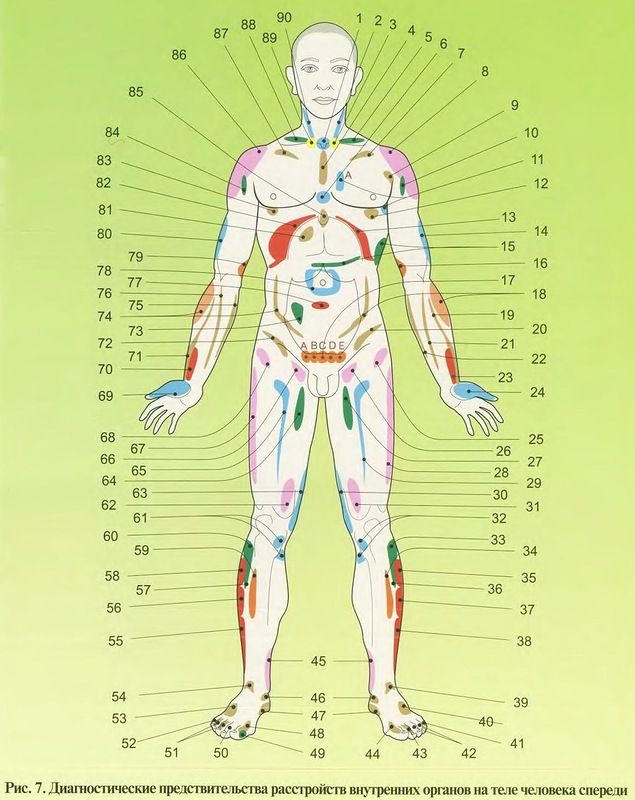
Click here to view upcoming ACTCM events.
About American College of Traditional Chinese Medicine
American College of Traditional Chinese Medicine (ACTCM) has provided affordable, quality health care to the public and trained professionals in acupuncture, massage and Chinese medicine since 1980. In addition to its graduate curriculum, ACTCM offers continuing education, public education, community outreach and clinical services in acupuncture and herbal medicine. ACTCM has been the recipient of many awards for its curriculum, faculty and clinic, and has been voted “Best of the Bay” by both the San Francisco Weekly and the San Francisco Bay Guardian. ACTCM is accredited by the Accreditation Commission for Acupuncture and Oriental Medicine and is a private, nonprofit, 501(c)(3) tax-exempt organization.
Acupuncture for the treatment of neurosis and depression
With neurotic disorders, Western medicine operates with pills - tranquilizers, antidepressants.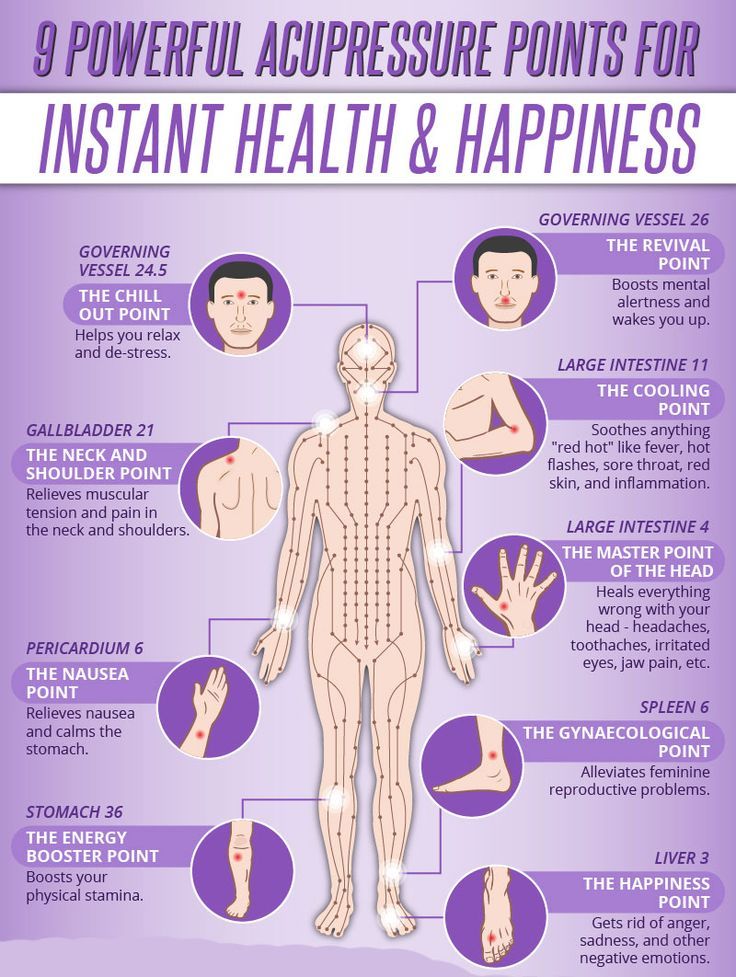 But these are symptomatic remedies, but the problem can be eliminated in essence.
But these are symptomatic remedies, but the problem can be eliminated in essence.
Tibetan doctors consider neuroses, depression, and other disorders of the nervous system and psyche to be the result of an imbalance in the regulating basis Wind (Rlung). And if the cause is known, then there are ways to eliminate it. nine0003
The usual cause of nervous disorders is the energy depletion of the body. This is due, firstly, to the innate characteristics of metabolism.
Most often, people of the constitutional type Wind suffer from neuroses and depression - impressionable, emotional, restless, mobile. They are not at all prone to excess weight, they are lean, tall or, on the contrary, miniature.
The metabolism of such people is very fast, so the energy does not have time to spend rationally and most of it is wasted - on emotional outbursts, violent and fruitless impulses, insomnia, constant anxiety. nine0003
The result is an exhaustion of the nervous system, or the basis of Wind.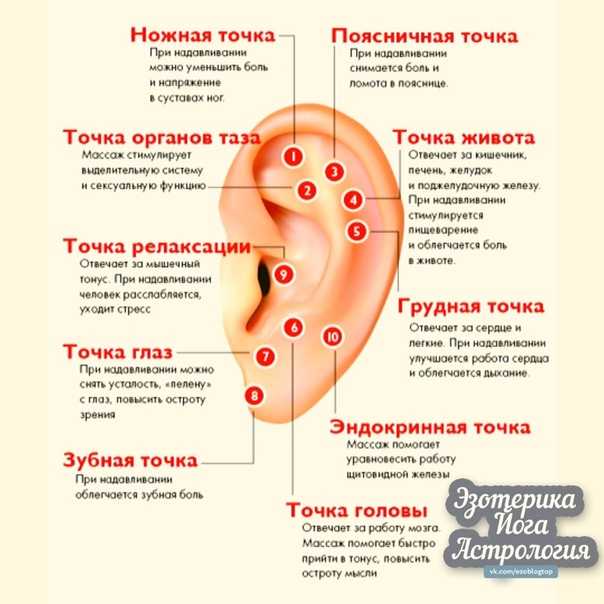 This base is of a cold nature, so its depletion is often accompanied by coldness of the hands, feet, and a sensation of chilliness.
This base is of a cold nature, so its depletion is often accompanied by coldness of the hands, feet, and a sensation of chilliness.
No pills can restore the energy balance. Only proper nutrition, herbal medicine can increase the level of heat. For these methods to work optimally, it is necessary that the energy move freely in the body along the meridians.
But with neurosis of anxiety, fear or other disorders of the nervous system in the body, as a rule, there are muscle spasms, blood circulation is disturbed. If the normal circulation of energy is not restored, it is almost impossible to increase the level of body heat. nine0003
And then acupuncture comes to the rescue. With the help of acupuncture, the Tibet clinic doctor restores the normal movement of energy along the meridians of the body and puts the energy balance of the body in order.
Thus, acupuncture eliminates the cause of nervous disorders - energy depletion. No pills can help with this, but acupuncture sessions help.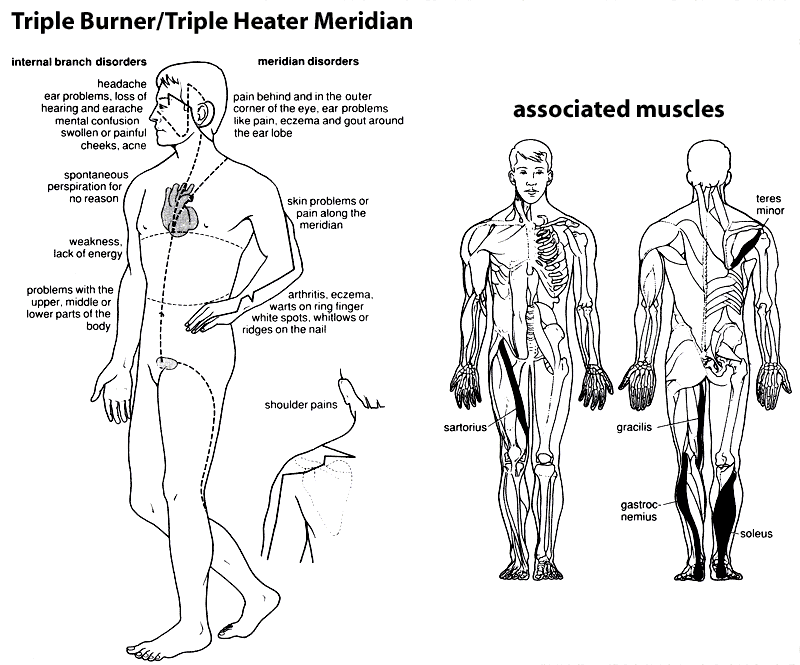
The success of acupuncture in the treatment of neuroses, depression and other nervous diseases is so obvious that modern medicine tries to explain them scientifically. Her explanation consists of three points. nine0003
1. Acupuncture somehow stimulates the production of dopamine and serotonin.
Indeed, the introduction of needles into bioactive points according to certain patterns stimulates the production of the "hormone of pleasure" - dopamine and the "hormone of happiness" - serotonin.
Serotonin is a hormone that is produced when exposed to sunlight. The lack of sun in the northern climate is one of the main causes of depression and suicidality. nine0003
An example is Finland. This country has one of the highest living standards, but also one of the highest suicide rates. The reason is the shortage of the sun, a small number of sunny days, that is, a purely climatic, and not an economic factor.
Russia is also among the country-record holders in the number of suicides, and the climate factor plays a significant role in this.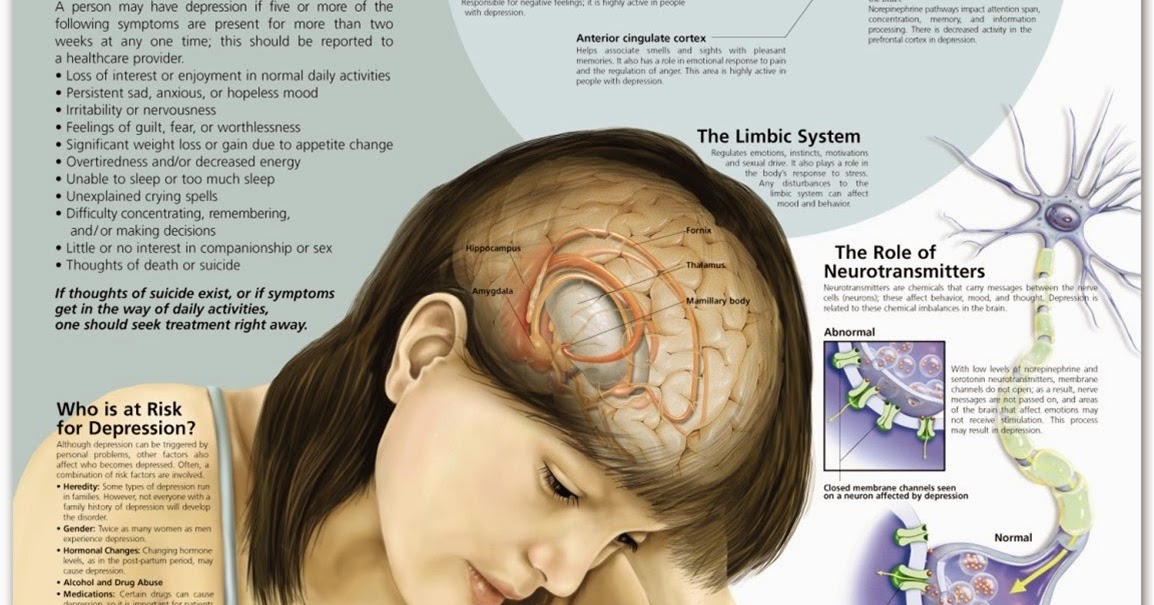
Acupuncture increases the production of serotonin and thus serves as a cure for depression. As for dopamine, it is not only a “hormone of pleasure”, but also a neurotransmitter. nine0003
The conductivity of the "white channels" - the nerves - depends on its concentration. The easier and faster the signals pass through the nerves, the lower the energy costs. Therefore, by facilitating the innervation of the body, acupuncture improves its energy.
2. Acupuncture somehow stimulates the production of endorphins.
Pain-relieving substances that are produced by our brain are similar in their action to morphine. They not only anesthetize, but also improve mood and therefore help with neurosis and depression no worse, but better than antidepressants. nine0003
3. Acupuncture relieves muscle spasms and pain.
The introduction of needles into bioactive points relieves muscle tension. Thanks to this, canned nervous stresses are released, mental, nervous tension is relieved.
Acupressure massage also gives a similar effect in the Tibet clinic, during sessions of which patients sometimes begin to cry because the drunken mental load is released and comes out. These are tears and the joy of relief. nine0003
Acupuncture in this sense gives less effect than acupressure, but it has an analgesic effect in pain syndromes, which serve as a factor in the development of neurosis, depression, and insomnia.
In general, according to the experience of the doctors of the Tibet clinic, acupuncture is a powerful tool for treating neurosis, depression and other nervous disorders.
In terms of its effectiveness, this method is significantly superior to medications, especially in the long term. After all, acupuncture eliminates not only the symptoms and mechanisms of development of nervous disorders. With its help, it is possible to eliminate the causes of imbalance in the Wind base, which is responsible for the psyche, brain function and nervous system.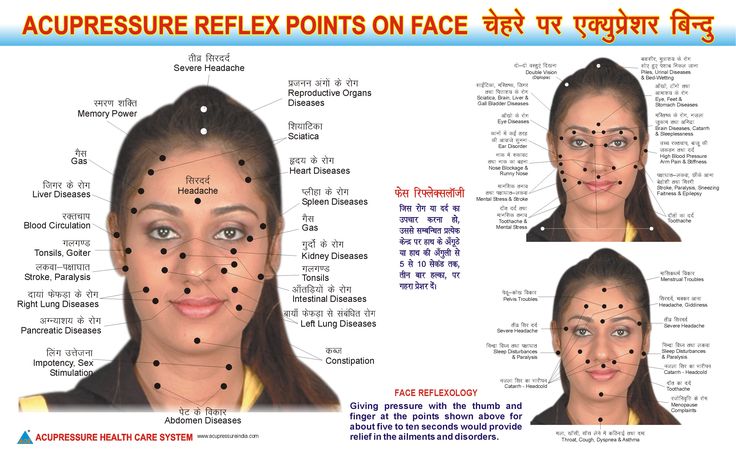 nine0003
nine0003
With the help of acupuncture, the doctor of the Tibet clinic regulates the energy balance of the body, eliminating the cause of the depletion of the nervous system. At the same time, it acts simultaneously on the signs and causes of a neurotic disorder.
Acupuncture, nursing home acupuncture, geriatric clinic and acupuncture treatment, Zhen Jiu therapy, acupuncture
Etiology of acupuncture, impact of acupuncture on mental health treatment in the elderly
Acupuncture therapy is a treatment method that came to us from the East and is a key part of traditional Chinese medicine. Acupuncture is based on the doctrine of points that are located on certain meridians and the life energy "Qi" circulates through them (1). Thus, the correct impact on these points can cure various diseases. In traditional Chinese medicine, it is believed that acupuncture can heal even the most complex diseases.
The origin of this method dates back to the Neolithic period.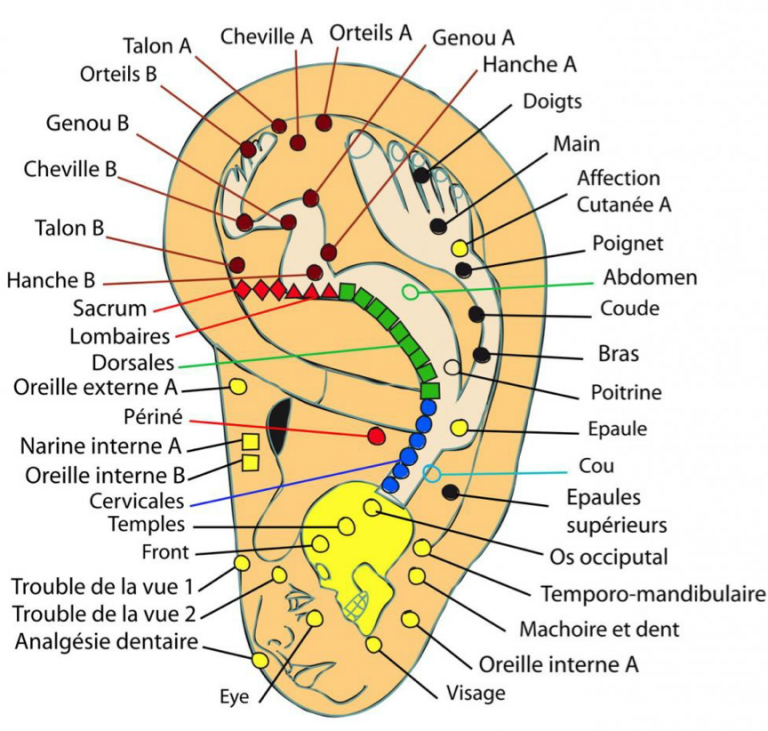 Hieroglyphs and pictograms told researchers that even during the reign of the Shang Dynasty (1600-1100 BC), there were methods of treatment with pointed bian stones (2), which, with the advent of metallurgy, were transformed into thin needles. The first evidence of the use of two acupuncture points (San Li and Fei Shu) dates back to the 1st century AD. nine0003
Hieroglyphs and pictograms told researchers that even during the reign of the Shang Dynasty (1600-1100 BC), there were methods of treatment with pointed bian stones (2), which, with the advent of metallurgy, were transformed into thin needles. The first evidence of the use of two acupuncture points (San Li and Fei Shu) dates back to the 1st century AD. nine0003
Acupuncture was greatly influenced by the religious and philosophical currents of the time. The technique of acupuncture developed until the 4th century AD. and gained recognition not only in ancient China, but also in neighboring India, Mongolia, Japan and Korea. Mythology, astrology and numerology have influenced the complete arrangement of all points for acupuncture. So, the healers of that time relied on the calendar zodiac system "Gan Zhi" (3) and compared acupuncture points with the hour angles of the Sun. nine0076
Over time, researchers in medicine and veterinary medicine discovered that acupuncture takes its origins from the Zhen Jiu technique, which was described in one of the main medical treatises, Huang Di Neijing. Initially, this method of treatment was used to open abscesses and cleanse wounds from pus, pierce the skin for bloodletting and cauterize wounds in order to stop bleeding and disinfect.
It was not until the 16th century that Portuguese missionaries brought knowledge of acupuncture to Western Europe. At the same time, the compilation of accurate maps of internal organs began. However, by the 18th century, the technique of acupuncture was losing its prestige and was equated with shamanism and pseudoscientific current. And in 1822, the Chinese Emperor canceled the study of Zhen Jiu at the Imperial Academy of Medicine. Today, acupuncture has gained recognition along with classical Western medicine, and many doctors use this practice as an additional therapy. nine0009
Basic information about acupuncture and acupuncture
Uzbek school of acupuncture
Currently, acupuncture is used for many diseases and is included in the subdivision of physiotherapy.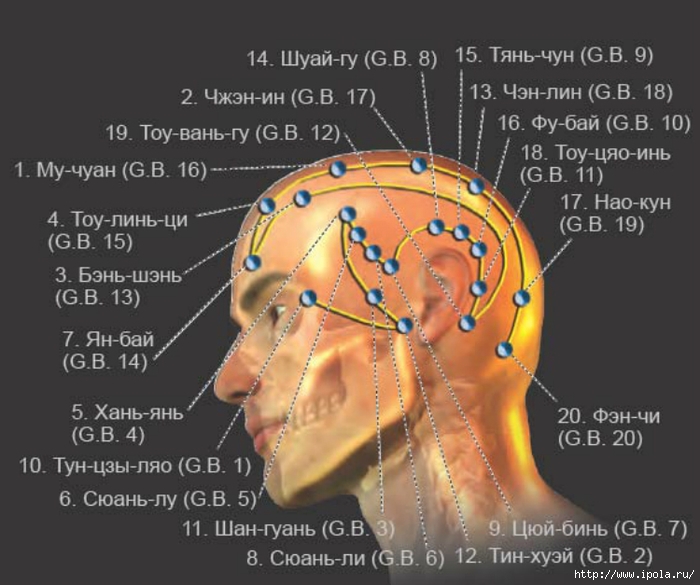 Doctors prescribe acupuncture for the treatment of chronic ailments as a sedative or, conversely, tonic, in surgery for fractures, for the treatment of dropsy. It is believed that Zhen Jiu technique (4) treats more than 250 diseases, including nervous and mental disorders. nine0003
Doctors prescribe acupuncture for the treatment of chronic ailments as a sedative or, conversely, tonic, in surgery for fractures, for the treatment of dropsy. It is believed that Zhen Jiu technique (4) treats more than 250 diseases, including nervous and mental disorders. nine0003
The use of acupuncture in different countries
Today, acupuncture is used in many countries around the world. So, in Asian countries (China, South Korea, Japan), acupuncture is one of the main methods of treatment and it is used for any disease. There are also quick self-help techniques for sharp attacks of pain, based on the classical technique of acupuncture. In European countries, although there is some bias towards this method of healing and rehabilitation, nevertheless, acupuncture is also common and included in the list of physiotherapy procedures. nine0076
In Ukraine, acupuncture is still skeptical. In most cases, people simply do not understand how an injection affects the functioning of a particular organ.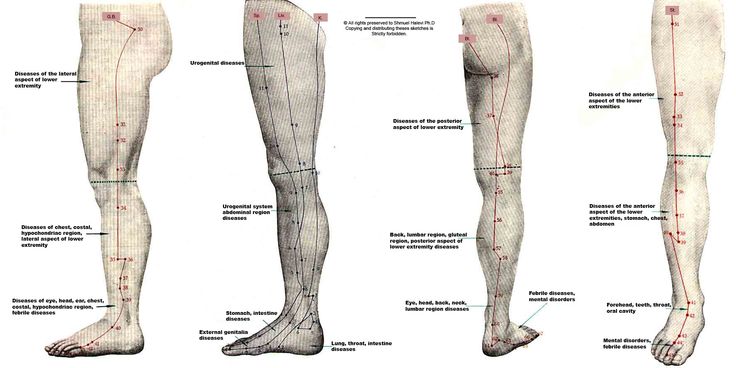 However, when choosing therapeutic methods, patients prefer safe and non-drug forms of recovery. Therefore, manual therapy, acupuncture, exercise therapy and detox programs are becoming more and more popular.
However, when choosing therapeutic methods, patients prefer safe and non-drug forms of recovery. Therefore, manual therapy, acupuncture, exercise therapy and detox programs are becoming more and more popular.
For the first time, acupuncture was known on the territory of Ukraine in the Soviet period in the late 40s as a result of the exchange of medical experience with doctors from China. And in the 60s, it was actively used in hospitals. After the 70s, the Ministry of Health of the USSR issued manuals for acupuncture, departments and clinics of reflexology began to open. Acupuncture flourished in the 1960s and 1980s. At the same time, research on acupuncture began, scientific papers and monographs on the Zhen Jiu technique were published. nine0003
Indications and contraindications for the use of acupuncture
Acupuncturists say that there is no such disease that would not be treated with acupuncture. This is especially true for many disorders of the psyche and nervous system.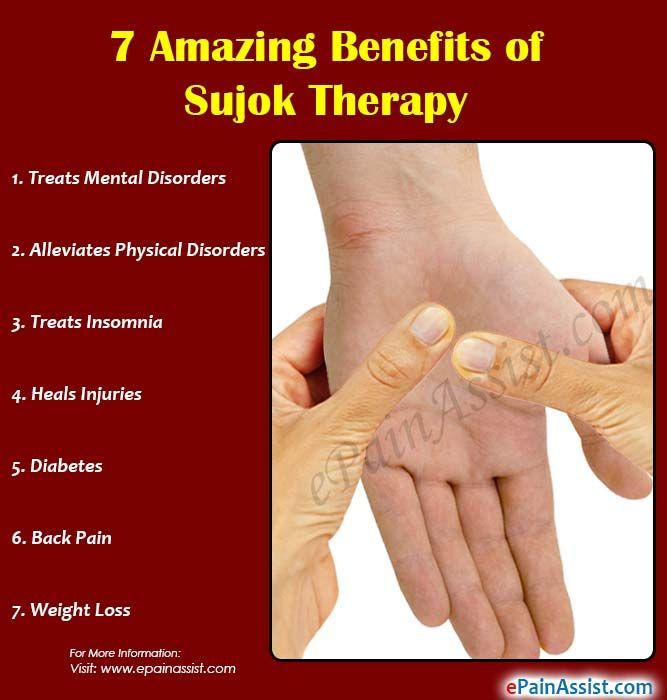
It is believed that skin punctures in certain places improve blood flow, trigger the work of nerve endings, relieve tension.
Many specialists prescribe treatment with acupuncture for acute intolerance to drug treatment, as an additional method of therapy, as a means of prevention. nine0003
Diseases for which acupuncture is recommended:
- Neurology : neurological manifestations of spinal osteochondrosis, disorders of the peripheral nervous system, vegetative-vascular dystonia, facial paralysis, inflammation of the nervous system, migraines and other headaches.
- Neuroses and neurasthenia : phobias, obsessive thoughts, hysteria, tics, sleep disorders, psychogenic dermatitis, disorders in the emotional and motor spheres. nine0117
- Non-severe injuries of the brain and spinal cord, bruises, concussions.
- Cardiovascular diseases : stage I-II hypertension, angina pectoris, cardialgia, vascular occlusion, consequences of heart attacks and stroke, early stages of atherosclerosis, impaired sensitivity, insufficient blood supply to the brain.
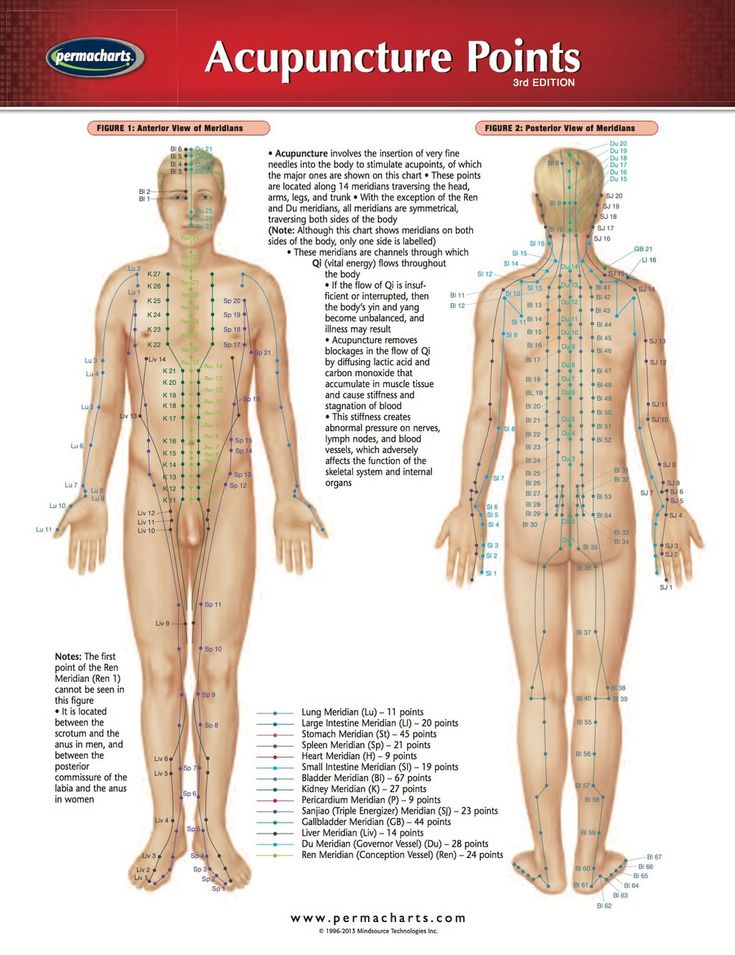
- Respiratory ailments : bronchial and allergic asthma, chronic or prolonged bronchitis. nine0117
- Disorders of the gastrointestinal tract : gastritis, gastric and duodenal ulcers, cholecystitis, biliary tract and intestinal dyskinesia, enterocolitis, constipation.
- Diseases of the genitourinary system : cystitis, nephritis, cystalgia.
- Musculoskeletal disorders : rheumatoid arthritis, arthrosis, periarthritis, arthropathy, stage I-II joint dysfunction.
- Eye diseases : myopia, glaucoma, cataract, keratitis, optic neuritis, blepharitis. nine0117
- Skin diseases : itching, acne, psoriasis, miliaria, eczema, allergic dermatitis.
- Allergy : urticaria, rhinitis, angioedema, neurodermatitis and other allergic reactions.
Also, acupuncture is effective in such diseases as obesity, gastritis, chronic prostatitis, neuritis of the facial nerve, migraine, insomnia, depression, anxiety, psychosis, fatigue, musculoskeletal pathologies.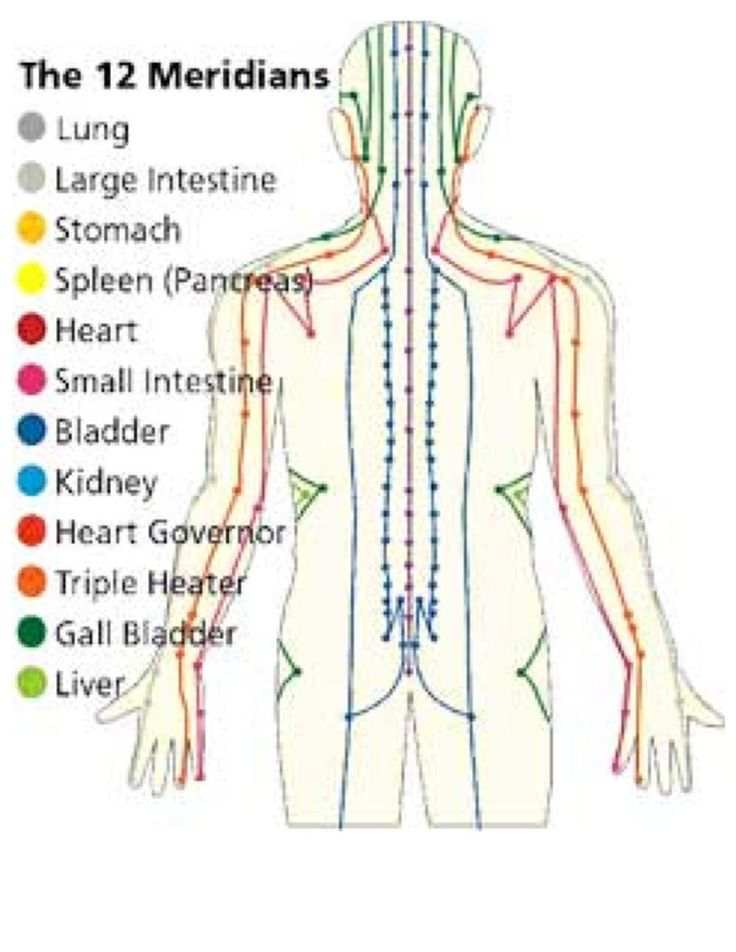 nine0076
nine0076
The main feature of this method of treating ailments is that it has no contraindications and side effects, which allows doctors to use acupuncture for a variety of diseases. This is especially good in the case when pharmacotherapy or physiotherapy is contraindicated for the patient, as well as in cases where a private nursing home or geriatric clinic provides care for elderly Ukrainians at the lowest price, or rehabilitation after a stroke is carried out, the symptoms of schizophrenia are smoothed out. nine0003
Nevertheless, this method of restoring the body should be treated with some caution. After all, despite its usefulness and effectiveness, it has some limitations.
Acupuncture is contraindicated in:
- High body temperature at the time of the procedure.
- Inflammatory process in the body with changes in the biochemical composition of the blood.
- Active form of tuberculosis, presence of hepatitis.
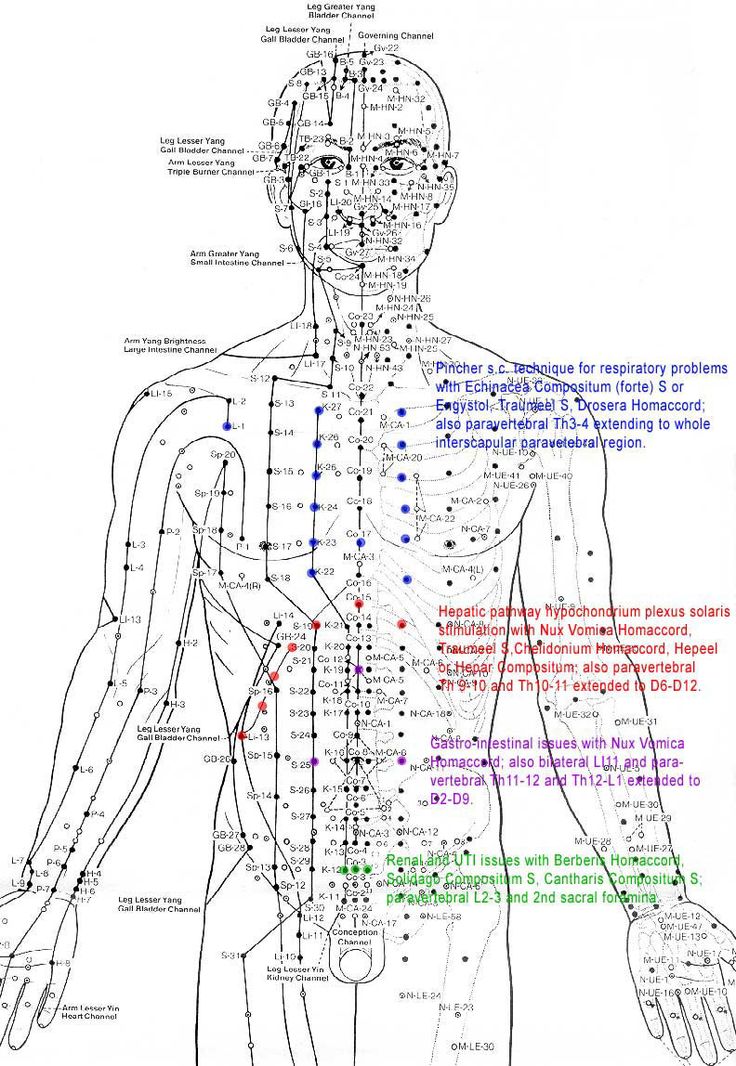 nine0117
nine0117 - SARS.
- Alcohol or drug intoxication.
- Weakness of the body, overwork, exhaustion.
- Acute mental or nervous excitement. A complex mental illness in an active form.
- Blood disorders such as HIV/AIDS.
As we can see, this method is suitable for various diseases and is widely used in modern medicine. Acupuncture is based on the introduction of needles into biologically active points, which are directly connected with the main systems of the human body: lymphatic, nervous, cardiovascular, endocrine and immune. nine0076
Particularly noteworthy is the effect of acupuncture on the central nervous system, which is the most important control system of the whole body. This allows you to achieve high results in the treatment and recovery of a person, and also leads to an improvement in the quality of life.
Efficiency of acupuncture, its therapeutic effect on the body of elderly pensioners
Today, acupuncture is a recognized method of rehabilitation.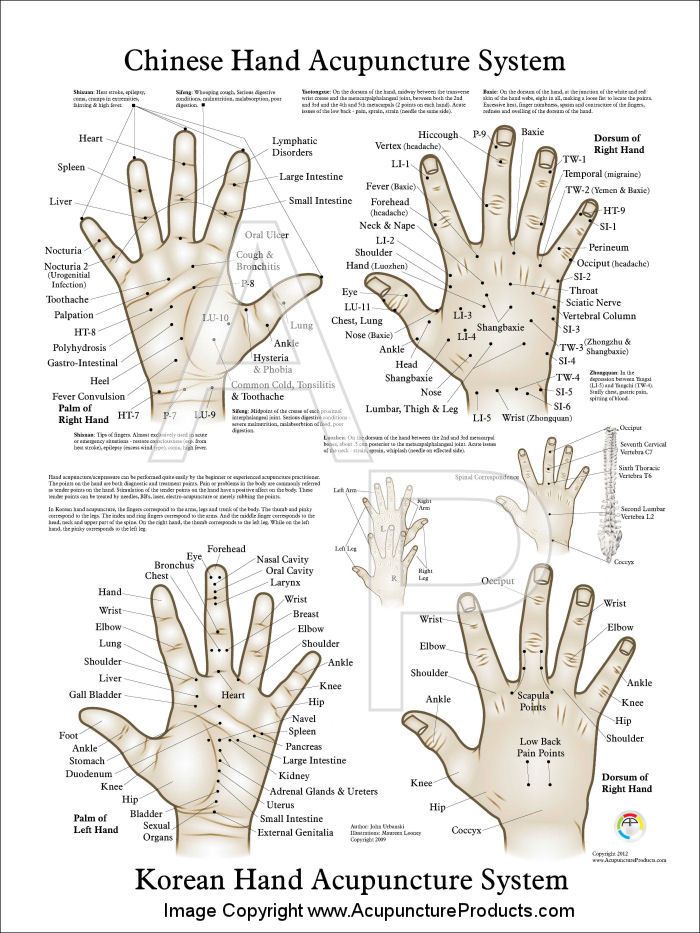 The World Health Organization (5) has approved a list of 28 ailments that acupuncture can cure. For this, tests, clinical case studies and experiments were carried out, during which the scientific effectiveness of this treatment method was proven. nine0076
The World Health Organization (5) has approved a list of 28 ailments that acupuncture can cure. For this, tests, clinical case studies and experiments were carried out, during which the scientific effectiveness of this treatment method was proven. nine0076
Many experts claim that acupuncture really gives positive results and has a cumulative effect. So, after sessions of acupuncture therapy, pain sensation decreases. This is due to the effect of needles on human skin - the production of endorphins and enkephalins is provoked, and nerve fibers are affected. Acupuncture stimulates the release of cortisol into the blood, which allows you to remove inflammatory processes. After sessions of such manual exposure, blood and lymph microcirculation is enhanced, thereby detoxifying the body, and increasing immunity. Improves mood and general well-being, strengthens the psyche of elderly patients through the synthesis of serotonin. Serotonin increases the therapeutic efficacy of analgesics and anti-inflammatory drugs, reduces muscle spasm.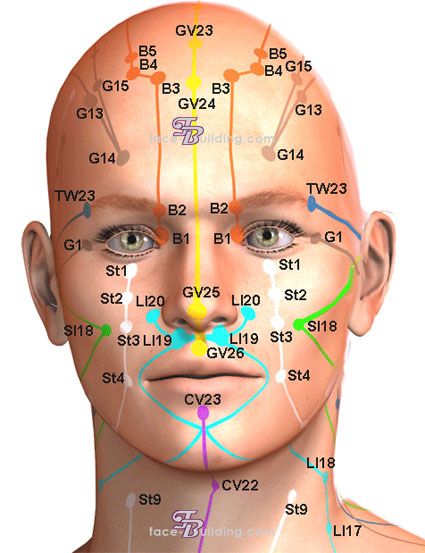 nine0003
nine0003
However, despite all the proven effectiveness, there are still opponents of this treatment method. They believe that acupuncture has nothing useful, and all positive reviews are a placebo effect. Some recent studies of acupuncture show that the depth of the puncture and the thickness of the needles have absolutely no effect on the final result, and all changes in the body after such sessions are nothing more than the result of self-hypnosis and psychosomatic effects on one's own body. nine0076
Acupuncture for the elderly in Ukraine
Now, along with the traditional approach to the treatment of ailments, the use of ancient near-medical methods and techniques is becoming increasingly popular. A striking example of such a medical "renaissance" is acupuncture. The popularity of this method among pensioners is very understandable - the procedure is absolutely painless, easily tolerated by the patient, has a minimum of restrictions and a maximum of positive effects on the body of old age, which elderly people with special needs have.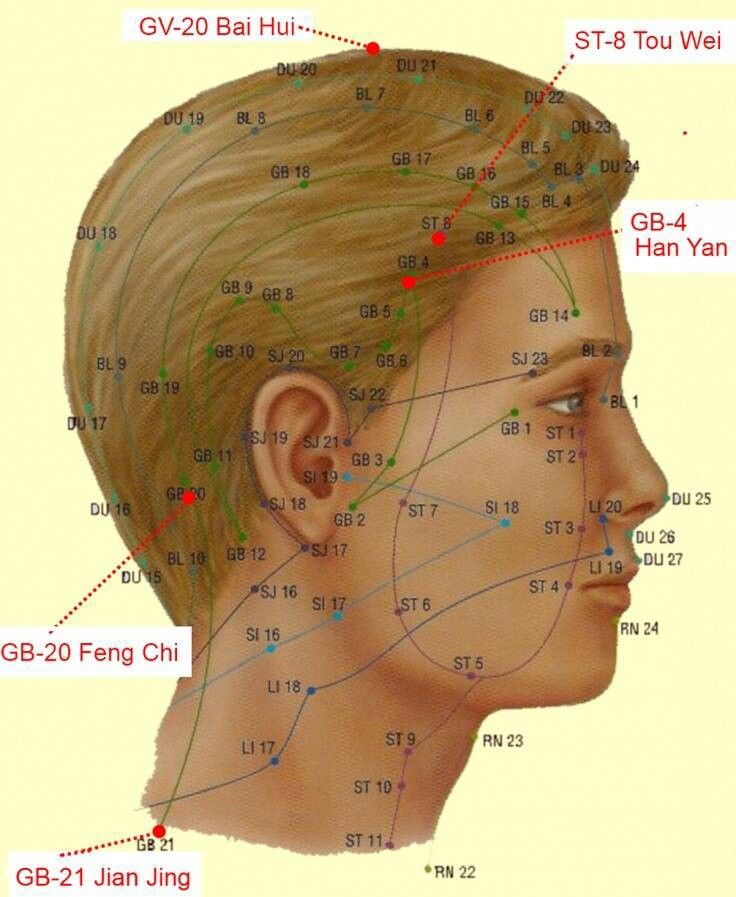 nine0009
nine0009
This therapeutic method is good both as an independent method of treatment and as an additional tool in an integrated approach to illness, as well as a preventive tool for many physical and mental diseases.
Acupuncture simultaneously stimulates the gastrointestinal tract, starts metabolic processes, enhances blood and lymph microcirculation, increases nerve conduction, eliminates muscle cramps and spasms. This method is used in cosmetology as an effective means of facial skin rejuvenation and lifting. Specialists of the geriatric boarding house use acupuncture for recovery after a stroke, various mental illnesses, as an additional tool for a detox program. nine0076
Thanks to the method of reflexology, it becomes possible to influence the central nervous system through biologically active points. The stages and degree of influence are selected individually, based on the diagnosis and the needs of the patient. The whole procedure takes place in a certain order to achieve the maximum therapeutic effect.
